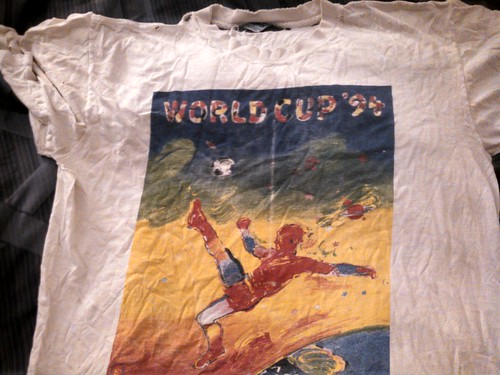Happy 10th anniversary to Antigravity Magazine.
If you're of a certain age, you might remember a time when the only "music scene" in New Orleans anyone ever wrote about seriously consisted of 1) The sorts of acts old white people RVed in from Wisconsin and bought Jazzfest tickets to go see. And 2) That's about it.
And if you're a bit younger or maybe just recently arrived to New Orleans you'll know that not a whole lot has changed. But also now there's Antigravity. Here's a list of blurbs from some of their contributors over the years. This quote is from Leigh.
While much of New Orleans and its visitors has been stunned by the spotlight on more traditional local culture, such an environment has allowed Antigravity to stealthily arrive and thrive in this town for ten years now, raising a raucous— sometimes downright unruly—yet always relevant voice on what has been deemed “alternative” culture. That Antigravity is predominantly a free paper first and foremost in a time seeing the rise of virtual media makes it all the more precious as a cultural touchstone, a small, potent remnant of DIY zinedom available in many locations around town."Alternative culture" doesn't accurately describe Antigravity's beat, though. Those words imply a kind of pretentious affected otherness that, frankly, sounds more to me like the imagined New Orleans experience that Jazzfest visitors are looking for when they buy their vacation packages.
But there's no phony exoticism in AG. It's just a music magazine. But it's a magazine about New Orleans music rather than about New Orleans MusicTM. And that, in this increasingly tourism obsessed city and media market, is what makes it seem like an "alternative" publication.
Happy 20th anniversary to a great rock album.
I drone on and on about how great GBV is so I'll try to avoid that here. Although I will borrow a great quote from David Giffels's book about the rust belt that Leigh highlights in her Antigravity blurb.
“Rock and roll needs a void, and we had that, in abundance. We had empty garages and basements and warehouses, and great stretches of empty time, and—most important—no one paying attention.”GBV is very much a product of the declining post-industrial midwest Giffels is writing about. The mythology and appeal of the band; middle aged school teacher creates a sort of alternate universe of rock history in his basement with his drinking buddies; is tied to the idea of, not so much escaping that scene, but persevering and making it your own even if there is "no one paying attention."
Leigh is right to connect that ethos with the antediluvian New Orleans that spawned Antigravity back in 2004. Were the New Orleans and Ohio of that time, "parallel lines on a slow decline"? It's a hard thing to see from here. There's a contrast between that time and the seemingly "vibrant" New New Orleans you might read about today. Much of the New NOLA is an illusion of course, but sorting that out is beyond the scope of this post. For those of us who came of age in the slowly fading New Orleans of 90s and early 00s, there's some resonance in this music. At least for me there is.
Bee Thousand is actually the second GBV record I bought. it's also my second favorite but that's not important right now. The consensus of the critics is that it's the important one. I got it at Paradise Records in Baton Rouge back in Nineteen Something And Five.
Here's a faux-listicle that actually breaks down the record quite well.
And here is the whole thing on YouTube.
And finally, Happy 20th Anniversary to this 1994 World Cup USA T-Shirt I wasn't sure I still had. It's not exactly wearable but neither is my 20 year old car (Happy Birthday to that too!) and I keep that around for some reason. There's no rational reason to expect the US to move past Belgium on Tuesday. But worrying about that sure beats arguing over Jimmy Graham's contract this week.

20 year old car? That's practically brand new.
ReplyDelete-Patches.